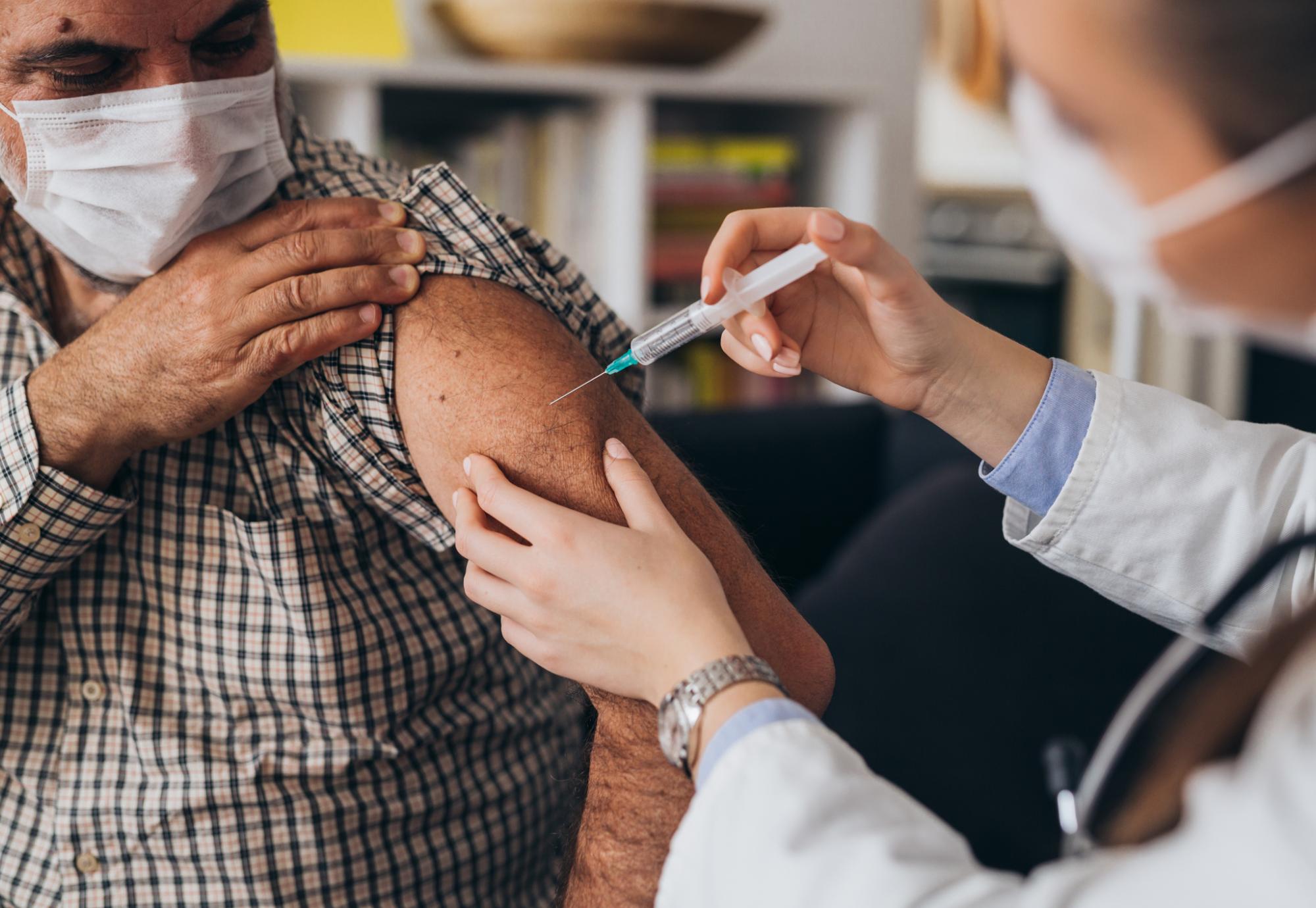Public Health England (PHE) analysis has indicated that the Covid-19 vaccination programme prevented 10,400 deaths in those aged 60 and older in England up until the end of March, an increase of 4,300 since the previous update.
From the December 8, 2020 to the end of March 2021, over 15 million vaccine doses were given to adults aged 60 and over. The analysis compared the observed number of deaths with the number of deaths that would have been expected if the vaccine hadn’t been distributed during this time.
To allow for the time taken to develop an immune response to the vaccination, the analysis assumed it would take 31 days before the effect of the vaccination against the deaths could be compared.
Using this method, PHE estimates that around 10,400 deaths were prevented up until the end of March. This included 9,100 people aged 80 and over, 1,200 aged 70 to 79, and 100 in those aged 60 to 69.
Matt Hancock, Health and Social Care Secretary, said: “It’s fantastic to see the impact our pioneering vaccination programme is already having, with over 10,000 lives saved in a short space of time.
“That’s more than 10,000 families who haven’t suffered the loss of a loved one.
“All 3 of our approved vaccines have been deemed safe and effective by our world class independent medicines regulator.”
Vaccine effectiveness against mortality was based on the most recent PHE estimates of effectiveness of vaccination against symptomatic infection (58%) and of death given infection (54%) which combined gives 81% protection against death.
The expected deaths in coronavirus cases (Covid-19) were estimated using real-world data on how effective the vaccines are at preventing death and vaccine uptake.
This analysis takes into account the direct effects of vaccines, and the increasing evidence of vaccines helping reduce transmission, therefore likely to lead to an even higher number of deaths prevented by the vaccination programme.
Dr Mary Ramsay, PHE Head of Immunisation, said: “This latest analysis is further evidence that the Covid-19 vaccinations are continuing to prevent hundreds of deaths every day. I would encourage anyone who is offered a vaccine to take it as soon as possible.
“While the vaccines have a striking impact on mortality, we don’t confidently know yet how much these vaccines will reduce the risk of you passing Covid-19 onto others.
“Even if you have been vaccinated, it is really important that you continue to act like you have the virus, practise good hand hygiene and stay at home.”
The true value of these vaccines may also be in terms of future deaths avoided, should there be resurgence of Covid-19 in the UK in the future.
Since older age presents the single greatest risk of death from Covid-19 – prioritisation of the vaccination programme has focused primarily on an aged-based strategy in order to prevent the greatest loss of life possible.
Up until and including the 31 March, over 13 million first doses of the vaccine and over 2 million second doses of the vaccine were given to those aged 60 and over.



















